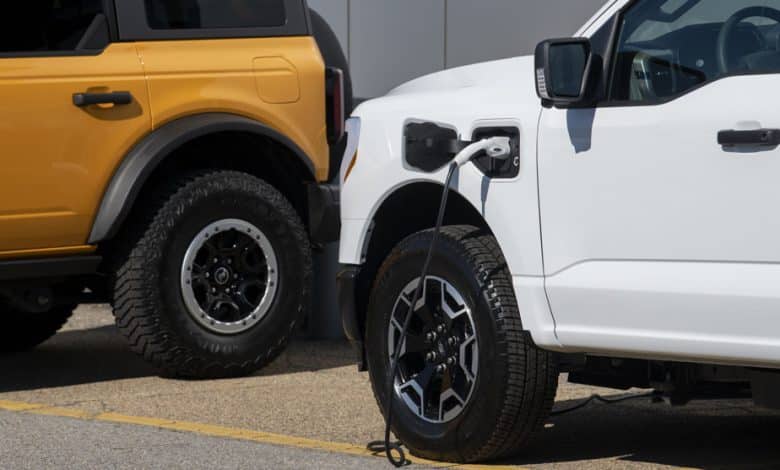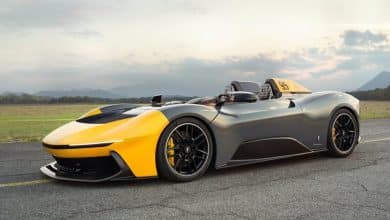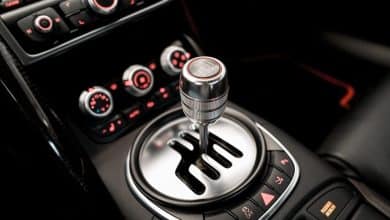Ford expands battery capacity to make more electric vehicles

(New York) Ford announced Thursday a series of initiatives intended to strengthen its supplies of batteries and raw materials necessary for the manufacture of electric vehicles, a segment on which the American manufacturer wants to put the accelerator.
The group has signed contracts for battery cells guaranteeing it can reach a rate of 600,000 electric vehicles per year by the end of 2023.
Ford then aims to manufacture 270,000 Mustang Mach-E SUVs, 150,000 F-150 Lightning pickups, 150,000 e-Transit pickups and 30,000 units of a new SUV for Europe.
The manufacturer also claims to have secured 70% of its battery capacity needs to reach a manufacturing rate of 2 million vehicles per year by 2026.
In addition to the current batteries based on nickel, cobalt and manganese (NCM), it plans to integrate batteries based on lithium, iron and phosphate (LFP) into its production chain.
The group has thus signed an agreement with the Chinese company Contemporary Amperex Technology (CATL), which is to supply it with LFP batteries for its Mustang Mach-E in North America from next year and its F-150 Lightning in from 2024.
Ford also plans to increase its purchases from its existing partners, LG Energy Solution and SK On.
The company also anticipates the installation of an LFP battery factory in North America with a total capacity of 40 gigawatts, but did not specify whether it would be its own factory, that of a partner or joint venture, or its location.
The manufacturer has also strengthened its direct supply of raw materials, by signing agreements for nickel and lithium with mining groups.
“We are putting the industry system in place to evolve quickly,” Ford Chief Executive Jim Farley said in a statement.
Shaken by Tesla and other start-ups, traditional automakers have accelerated the electrification of their ranges in recent years.
According to press reports, Ford is preparing to cut several thousand positions to cut costs to intensify its transition to electric vehicles.
Asked about it during a conference call on Thursday, a group manager, Lisa Drake, did not confirm this information.
She only indicated that in the field of electric vehicles, “smaller teams can go faster than large teams”, by being more agile and avoiding too much bureaucracy.












